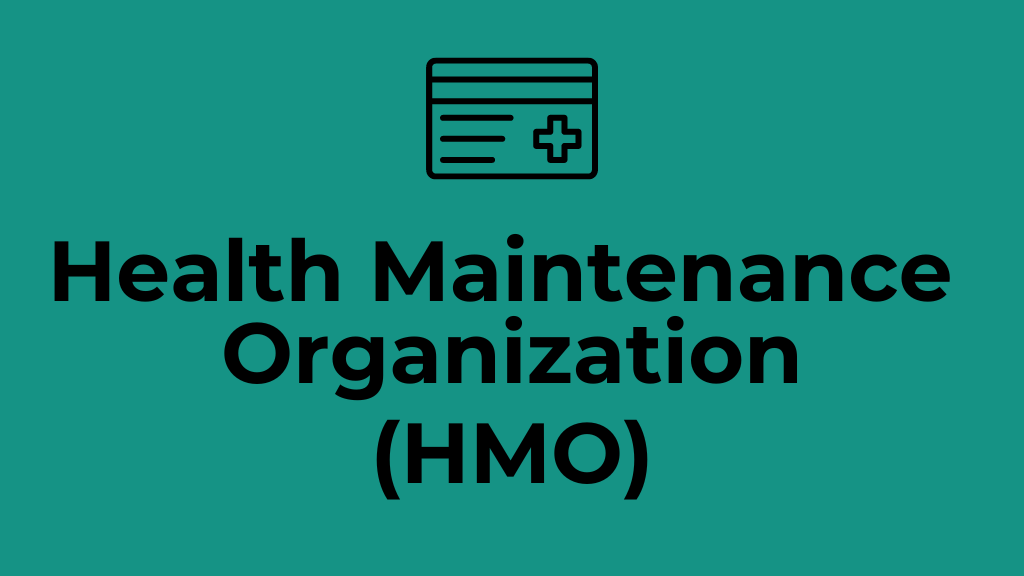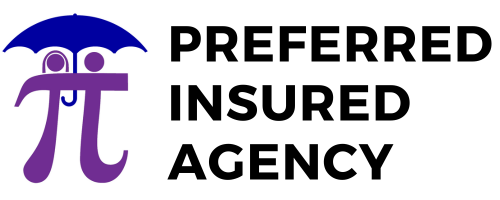Medicare Advantage (Part C):
What You Need To Know

Medicare Advantage plans are a “package deal” or an “all-in-one” alternative to original Medicare. These plans are often referred to as “Part C.” Medicare Advantage plans are administered by private insurance companies that receive direct funding from the government to offer these plans at low to no additional cost. Medicare Advantage Plans must cover all of the benefits that are included with Medicare Part A and Part B (Original Medicare). Some advantage plans include additional benefits as well.
Medicare Advantage plans also include prescription drug coverage. Added or extra benefits such as gym memberships, OTC benefits, annual physicals, and dental/vision/hearing benefits are common among many Medicare Advantage plans. These are “extra benefits” they offer, at no additional cost. These are “extra” because they are not covered by Original Medicare.
Every state and plan typically have differing “extra benefits,” and we can help you determine which Medicare Advantage plan can provide the additional benefits that best fit your needs.
How are Medicare Advantage Plans Funded – How Do They Work?
The federal government pays private insurance companies to provide Medicare Advantage plans to beneficiaries. They administer and manage the health coverage for everyone enrolled in their plan.
The Medicare Advantage plan becomes your primary insurance coverage. Prior authorizations, co-pays, coinsurance, prescription drug coverage, and other coverage details are then determined and administered by the private insurance company that offers your Medicare Advantage plan. Your out-of-pocket costs are contingent on you seeking care at “in-network” doctors’ offices and medical facilities.

Cost of Medicare Advantage Plans

Monthly premiums are a fixed cost that you must pay to have Medicare Advantage coverage. The two monthly premiums you are typically responsible for with an Advantage plan include:
1. Your Medicare Part B premiums
2. Your Medicare Advantage plan premiums
Most Medicare beneficiaries pay a base rate. This base monthly premium can be higher based on income. The Part B premium is paid directly to the federal government via the Social Security Administration.
In addition to your monthly Part B premiums, the Advantage plan you choose for your coverage may also require an additional monthly premium that you must pay directly to the private insurance company that provides your coverage.
Medicare Advantage Plans usually charge a copayment for doctor’s visits, instead of the 20% coinsurance you pay under Original Medicare. However, Medicare Advantage Plans cannot charge higher copays than Original Medicare for certain care.
In many Medicare Advantage plans prescription coverage comes at no additional monthly cost. However, you will still be responsible for a “co-pay” or “coinsurance” when you fill your prescription.
3 Main Types of Medicare Advantage Plans

HMOs typically require referrals from your primary care physician (PCP) to seek care from a specialist, and you need to choose your PCP when you enroll in the plan.
HMO plans usually don’t include out-of-network coverage except for emergencies, nor do they typically have max out-of-pocket for services received outside of your plan’s network.
HMO plans generally have lower out-of-pocket costs when you do use the coverage in-network.

HMO-POS plans have limited networks, like HMO plans. However, they do allow for members to seek medical care out-of-network if they receive prior approval (point of service), coordinated by their primary care physician (PCP).
HMO-POS plans do not require referrals to see in-network specialists.
Receiving medical care out-of-network with an HMO-POS will still likely come with higher out-of-pocket costs.

PPO plans usually have the most flexibility (still not unlimited to seek care at any facility). You typically do not have to choose a primary care physician or receive referrals from one to see a specialist.
You can seek care outside of your network without prior approval (Facilities may accept Medicare assignment, but they do not have to agree to bill your plan or see you as a patient). This will still come at a higher out-of-pocket cost. Many PPO plans do have a maximum out-of-pocket for medical procedures that you receive outside of your plan’s network, unlike HMO plans.
By completing and submitting the requested information in this form, you agree to allow a licensed sales representative to contact you regarding information related to Medicare health plans and health insurance plans, products, services and/or educational information related to health care.
Let us show you your medicare options
Not all coverage options work the same way, it is essential to understand what you need your plan to cover. We can help you navigate through all the details at no cost to you!
